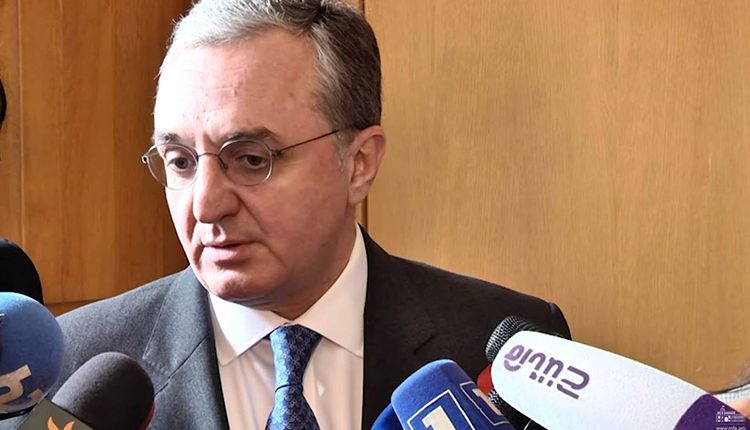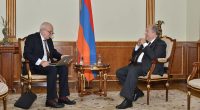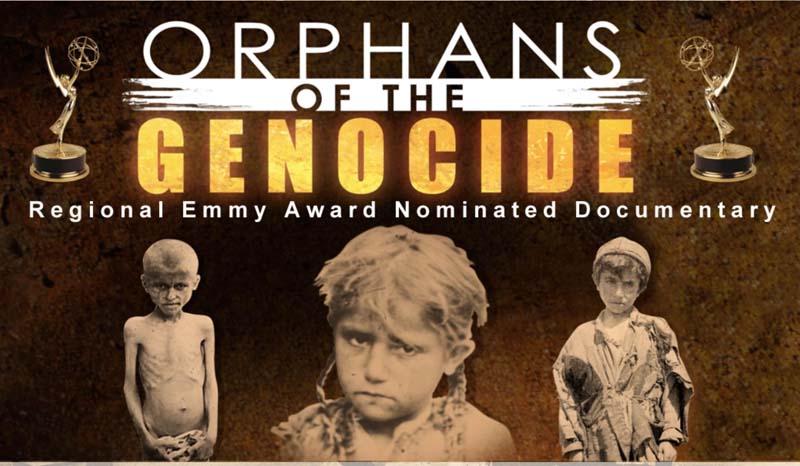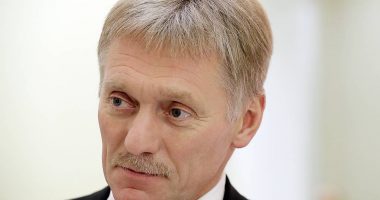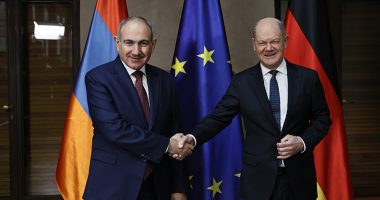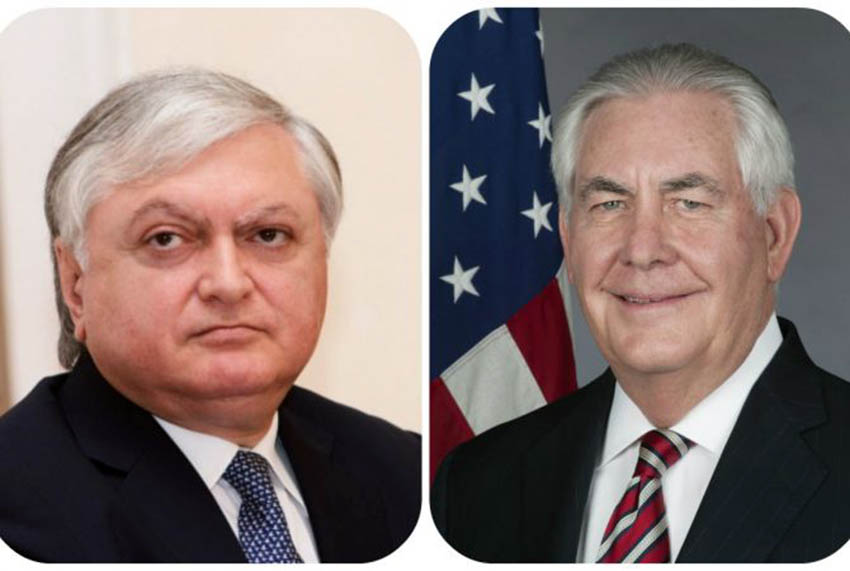YEREVAN (RFE/RL) — Foreign Minister Zohrab Mnatsakanyan insisted on Friday that long-running efforts to resolve the Nagorno-Karabakh conflict are not in deadlock, citing more high-level talks planned by Armenia and Azerbaijan.
“At least with regard to things relating to us, we do not see a deadlock,” said Mnatsakanian. “We are continuing to work very calmly because this work needs to be done as it concerns our security, regional security and peace.”
“There is a dynamic in the negotiations and I hope that we can move forward quickly if there is mutual constructiveness,” he told reporters.
A senior official from the Organization for Security and Cooperation in Europe confirmed on Thursday that Mnatsakanyan and Azerbaijan’s Foreign Minister Elmar Mammadyarov will meet again on the sidelines of an OSCE ministerial gathering to be held Slovakia’s capital Bratislava on December 5-6.
The two ministers most recently met in New York in late September. Mammadyarov said afterwards that he was “a bid disappointed” with the results of those talks held in the presence of the U.S., French and Russian co-chairs of the OSCE Minsk Group. He complained about the mediators’ focus on confidence-building measures, rather than “substantive negotiations” sought by Baku.
Prime Minister Nikol Pashinyan and Azerbaijani President Ilham Aliyev reportedly talked to each other at great length on the sidelines of an October 11 summit of former Soviet republics held in Turkmenistan. Mnatsakanyan described their conversation as “very useful” earlier this week.
The top Armenian diplomat said on Friday that Aliyev and Pashinian are “not yet planning” to meet again. “But anything can happen and develop in any direction, if necessary, and there are some understandings, ideas at the level of the two leaders regarding how meetings could be organized,” he said.
“There are good ideas which I hope will be put into practice,” Mnatsakanian added without going into details.
The mediators met with Pashinian and Aliyev during their October 14-17 tour of the Karabakh conflict zone. In a joint statement, they said the two leaders promised to make more efforts to “prepare the populations for peace and reduce tensions.”

